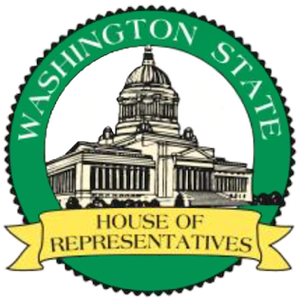The Washington State House Appropriations Committee (WA House APP) considers the operating budget bill and related legislation, budget processes, and fiscal issues such as pension policy and compensation. The committee also considers bills with operating budget fiscal impacts.
Public Hearing
- HB 1443 - "Concerning social equity within the cannabis industry." (added February 18th)
